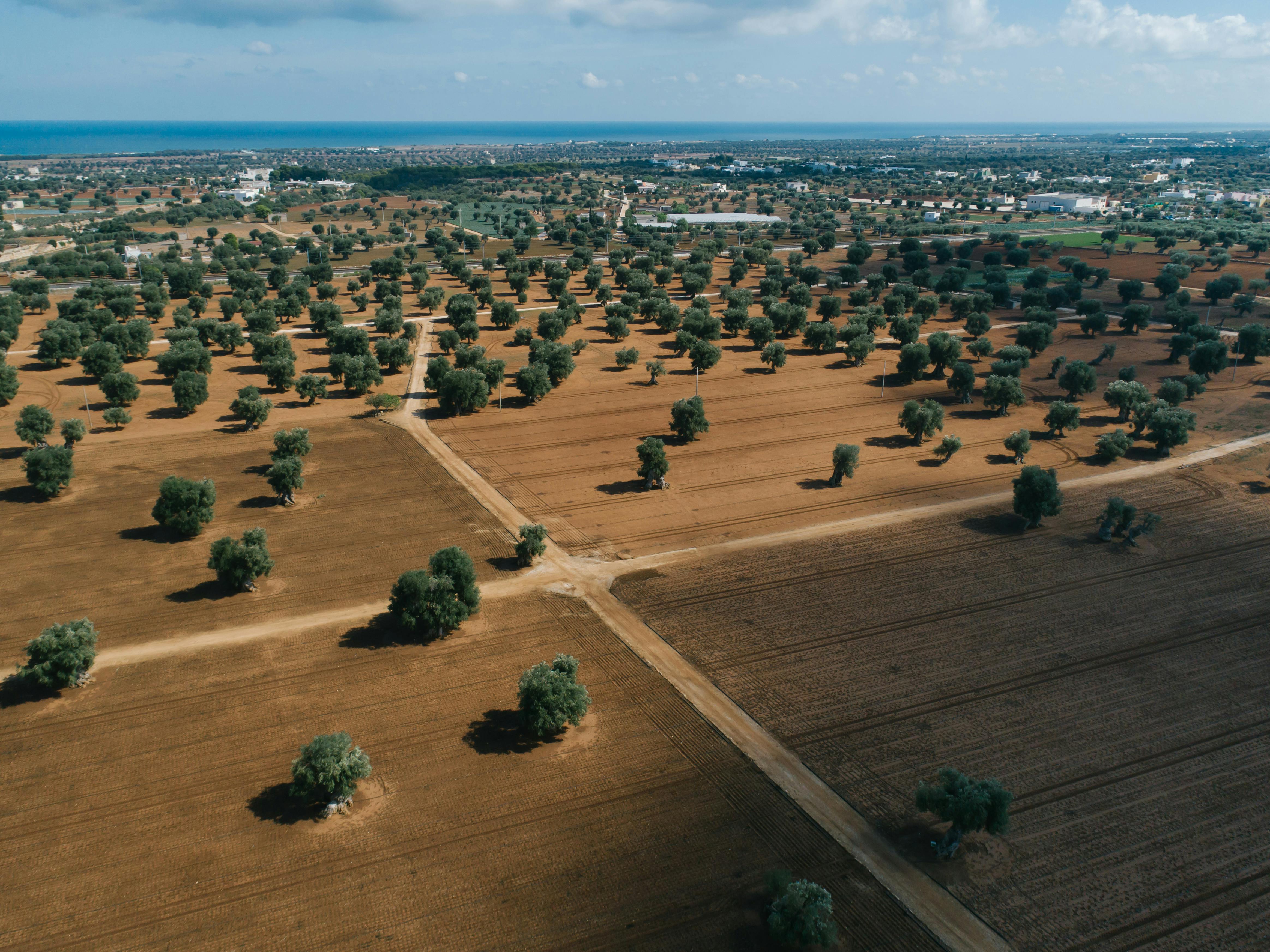
Olive Farming In Guinea
Olive farming in Guinea is not a prominent agricultural activity. The country's agriculture primarily focuses on subsistence crops such as manioc, rice, sweet potatoes, yams, and corn, along with cash crops like sugarcane, citrus fruits, bananas, pineapples, peanuts, palm kernels, coffee, and coconuts.
- The olive tree (Olea europaea) is native to the Mediterranean Basin and has been cultivated for thousands of years in regions like southern Europe, northern Africa, and the Middle East. While olive cultivation has expanded to various parts of the world, including South Africa, Australia, and the Americas, it remains limited in West African countries like Guinea.
- In contrast, South Africa has developed a notable olive industry, particularly in the Western Cape region, which offers a Mediterranean-like climate suitable for olive cultivation. Commercial olive farming began there over a century ago, and the industry has seen significant growth, with local table olive production surpassing imports.
For Guinea to consider developing an olive farming industry, several factors would need to be addressed
- Climate Suitability: Assessing whether Guinea's climate can support olive trees, which typically thrive in Mediterranean conditions characterized by hot, dry summers and mild, wet winters.
- Soil Conditions: Determining if local soil types are conducive to olive cultivation or if amendments would be necessary.
- Agricultural Expertise: Building knowledge and technical skills related to olive farming, including pest management, pruning, and harvesting techniques.
- Infrastructure Development: Establishing facilities for processing olives into oil or preparing them as table olives, as well as developing efficient distribution networks.
- Market Analysis: Evaluating the potential domestic and international markets for olive products to ensure economic viability.
Given the current agricultural focus and resources in Guinea, along with the specific climatic requirements of olive trees, large-scale olive farming may present significant challenges. However, with appropriate research and investment, small-scale pilot projects could be explored to assess the feasibility of olive cultivation in the region.